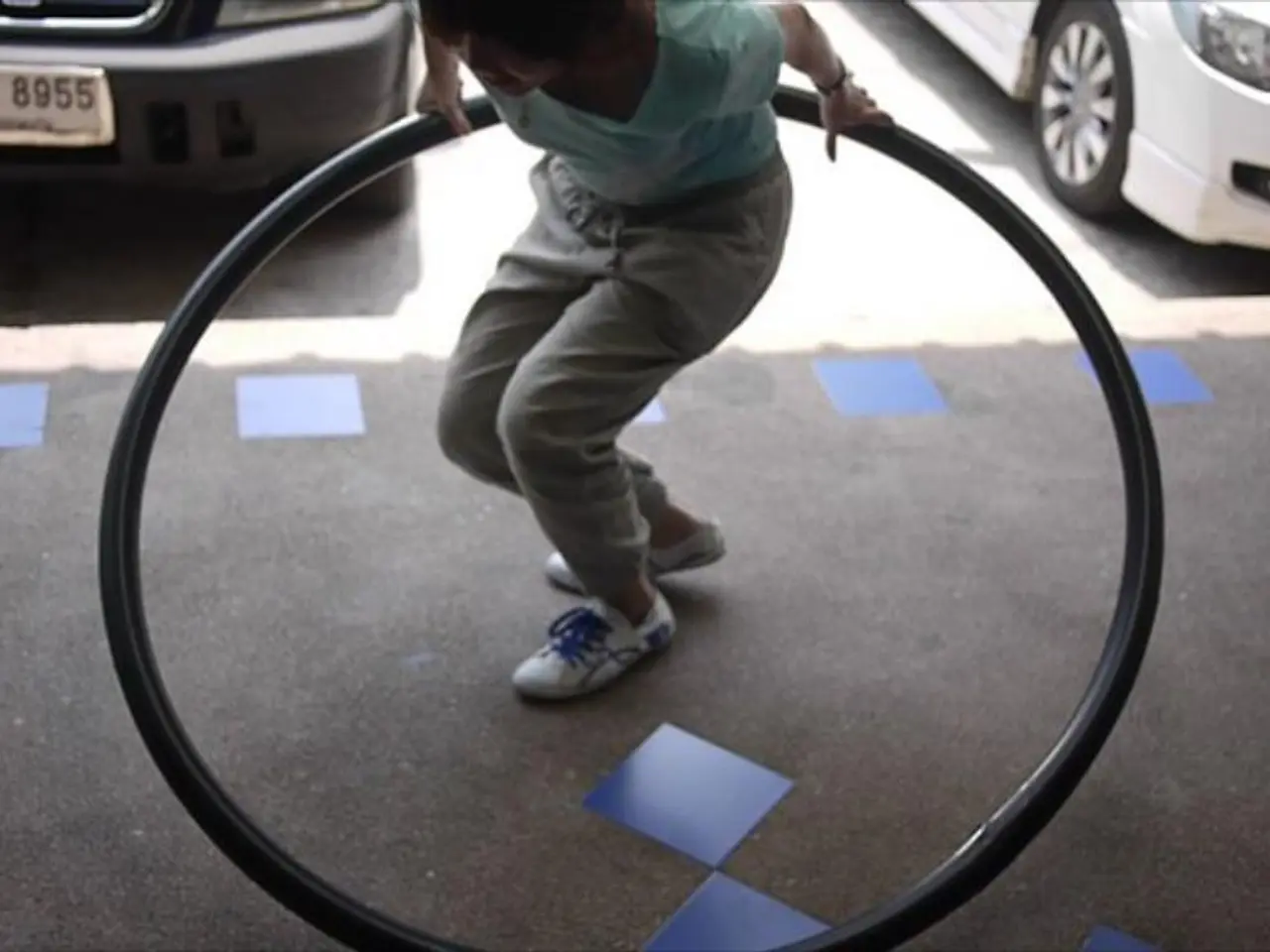Music Listening Aids Alzheimer's Patients in Recollecting Memories
Research has shown that personalized music therapy can have a profound impact on the lives of Alzheimer's patients, offering therapeutic benefits that extend beyond mere memory recall.
Strategically timed music therapy sessions can multiply their impact in various ways. Morning sessions can help establish a daily rhythm, pre-meal listening can enhance appetite, and sessions before family visits may potentially enhance recognition and communication.
However, it's important to note that non-personalized background music can cause cognitive interference, increasing confusion by up to 32% among patients with moderate to severe dementia.
On the contrary, regular music therapy sessions have been shown to reduce agitation and anxiety by up to 54%, decrease dependency on antipsychotic medications, improve sleep quality and duration, enhance social engagement and communication, boost mood, and reduce depression symptoms.
When Alzheimer's patients listen to personally significant music, there's increased blood flow and activity in the medial prefrontal cortex, a region associated with autobiographical memory that typically maintains some function even in advanced disease. This activity can temporarily bridge damaged neural networks.
Creating effective music interventions requires focusing on personally significant songs from the patient's youth and early adulthood. Research into music-facilitated cognitive rehabilitation suggests that carefully structured music therapy may temporarily extend the window for other therapeutic interventions.
The prefrontal cortex, which helps process emotional responses to music, maintains connections with the amygggdala (our emotional center) long after other neural pathways have deteriorated.
The longstanding practice of playing gentle music during mealtimes, intended to create a calming atmosphere, actually decreased food intake and nutritional outcomes for most dementia patients.
Families can create a personalized playlist of 15-20 songs for their loved ones with Alzheimer's using digital music services or dedicated music therapy devices designed for seniors. Practical guidelines for families include using headphones when possible, keeping volume moderate, watching for signs of overstimulation, scheduling regular daily listening sessions, being present during sessions, and keeping a journal of which songs elicit the strongest responses.
Interestingly, research reveals benefits from classical and instrumental music as well, with pieces with approximately 60-70 beats per minute showing potential to reduce blood pressure and anxiety levels in agitated patients.
Virtual reality combined with music therapy shows particular promise, with early studies suggesting that pairing personally significant music with immersive visual environments may enhance memory retrieval beyond music alone.
Memory researchers emphasize that timing, selection, and delivery critically impact the effectiveness of music therapy.
Recent studies have also highlighted the role of the cerebellum in procedural memory, including remembered songs and melodies.
A 2021 study from the University of Toronto found that Alzheimer's patients exposed to personalized music playlists experienced a 73% improvement in recall of personal memories compared to control conditions.
These benefits appear most pronounced when the music has personal significance to the patient. The Music Has Power® Symposium (2024) brought together experts to highlight how personalized music interventions, combined with caregiver training and technological innovations, are reshaping dementia care and enhancing the quality of life through evidence-based approaches.
In summary, research supports that personalized music therapy not only improves memory recall and cognitive functioning but also enhances emotional well-being and social engagement for Alzheimer's patients by leveraging preserved musical memory and brain plasticity mechanisms. This makes it a valuable complementary therapeutic strategy in dementia care.
References:
- Alzheimer's Society
- American Music Therapy Association
- Harvard Health Publishing
- Music Has Power® Symposium
- Technology playing a significant role in personalized music therapy, families can create a playlist of songs for their loved ones with Alzheimer's using digital music services or dedicated devices for seniors.
- Science reveals benefits from various types of music, such as classical and instrumental music, with pieces at approximately 60-70 beats per minute showing potential to reduce blood pressure and anxiety levels in Alzheimer's patients.
- Neurological disorders like Alzheimer's disease can be managed effectively through personalized music therapy, which has been shown to reduce agitation and anxiety by up to 54%, enhance memory recall, and improve emotional well-being and social engagement.




